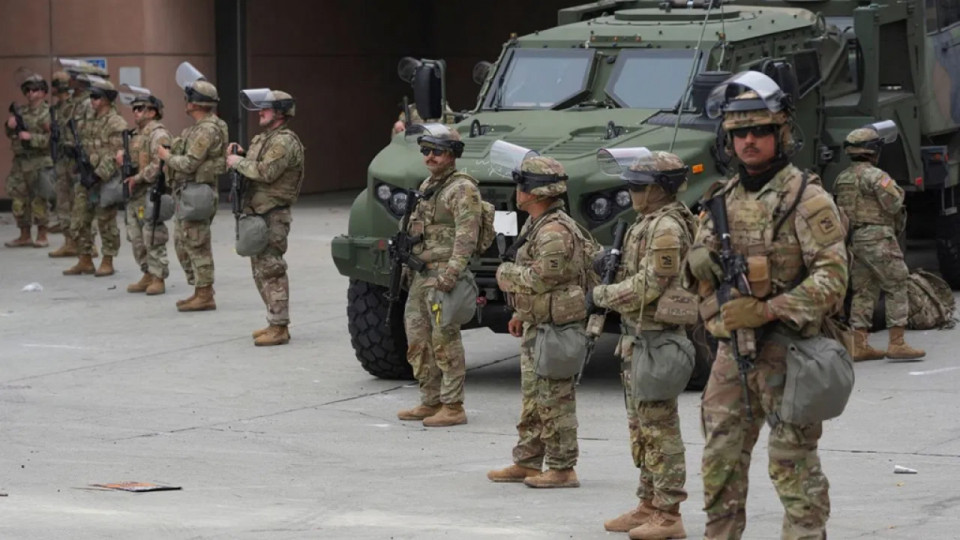
Armed Patrols on DC Streets – Trump’s Mission to Crush Crime Begins (Social Media)
International News:In a major move aimed at improving public safety, US President Donald Trump has placed Washington DC’s police department under federal control and ordered the deployment of 800 National Guard troops. The decision comes as part of Trump’s plan to tackle crime in the capital and restore order on the streets. The Pentagon confirmed that all deployed troops are now active in the city.
On August 11, Trump officially declared a crime emergency in Washington, DC. He declared that the streets of the capital should once again be safe for both residents and visitors. To achieve this, the National Guard has been assigned to work alongside local police and federal agencies in enforcing laws and strengthening security.
Trump emphasized that ensuring the safety of the nation’s capital is one of the most important responsibilities for law enforcement. He explained that the National Guard’s role is not to replace the police but to work closely with them to strengthen security measures.
Pentagon Press Secretary Kingsley Wilson outlined the responsibilities assigned to the deployed troops.The National Guard will help:
Wilson confirmed that the troops will remain on duty until order is fully restored, as per the President’s instructions.
While the National Guard is actively patrolling Washington, DC, their authority remains restricted. Wilson clarified that they do not have the authority to make arrests. However, they can temporarily detain suspects until local or federal police take over. This helps ensure that all law enforcement actions stay in line with legal procedures.
Within the first night of their deployment, the White House reported 45 arrests. Out of these, 29 were individuals living in the United States illegally. In total, more than 1,650 personnel from various law enforcement agencies are now working together under this operation to reduce crime in the capital.
This deployment is historically significant. It marks the first time since 1965 that a US President has sent National Guard troops into a jurisdiction without the consent of the local governor. Normally, National Guard units are under the authority of state governors. Bringing them under presidential control is called federalization.
However, in the case of Washington, DC, the National Guard already reports directly to the President, which allowed Trump to act without waiting for local approval.
Trump’s supporters, especially in conservative circles, have welcomed the move as a strong step toward public safety. They argue that crime must be addressed decisively, and this deployment sends a clear message.
On the other hand, critics question whether such action was necessary. They point to official crime statistics from the DC Metropolitan Police Department, which show that violent crimes like murders and assaults have actually decreased in 2024. They also warn that federal overreach could set a troubling precedent for future administrations.
The National Guard’s stay in Washington DC will continue until Trump’s team decides the city is safe enough for the troops to withdraw. For now, the focus remains on visible policing, joint patrols, and strict enforcement of existing laws.
This action reflects the continuing debate in the United States about how far federal authorities should go in local crime control—and whether such measures truly lead to long-term safety.
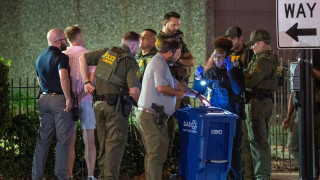

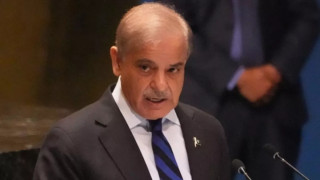
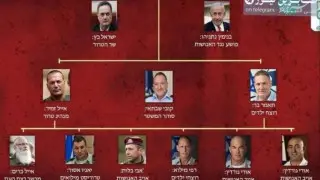
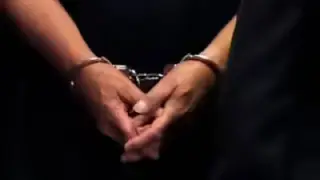








Copyright © 2025 Top Indian News
